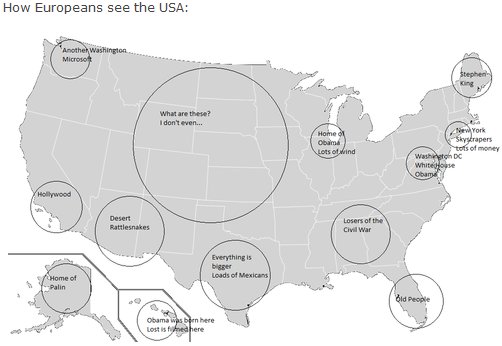Nicole Gelinas points out that the Long Island Rail Road (LIRR) pension scam is only part of the problem:
Last week, the feds indicted 11 Long Island Rail Road retirees and their alleged associates in a “massive fraud scheme” to steal a billion dollars through fake disability claims. But the bigger outrage is that for decades the LIRR has held state taxpayers and riders hostage — thanks to outdated Washington labor laws.
The first inkling of the scandal came in 2008, when a press report noted that nearly every LIRR worker retired early, getting an MTA pension and a federal benefit. Looking into the anomaly, federal prosecutors unearthed evidence that at least two doctors and other “facilitators” had for years signed off on fake injuries and ailments so that workers could take their pensions.
[. . .]
The state’s fear of an LIRR strike helps drive up the railroad’s costs. Last year, the Empire Center reported, the average LIRR worker pulled in $84,850 — not including benefits.
That’s more than anywhere at the MTA except headquarters — and 23 percent more than subway and bus workers make. Seven of the top 10 people who made more in overtime than they did in regular wages hailed from the LIRR — including one conductor who tripled his $75,390 salary. Plus, workers pay nothing for health benefits.




